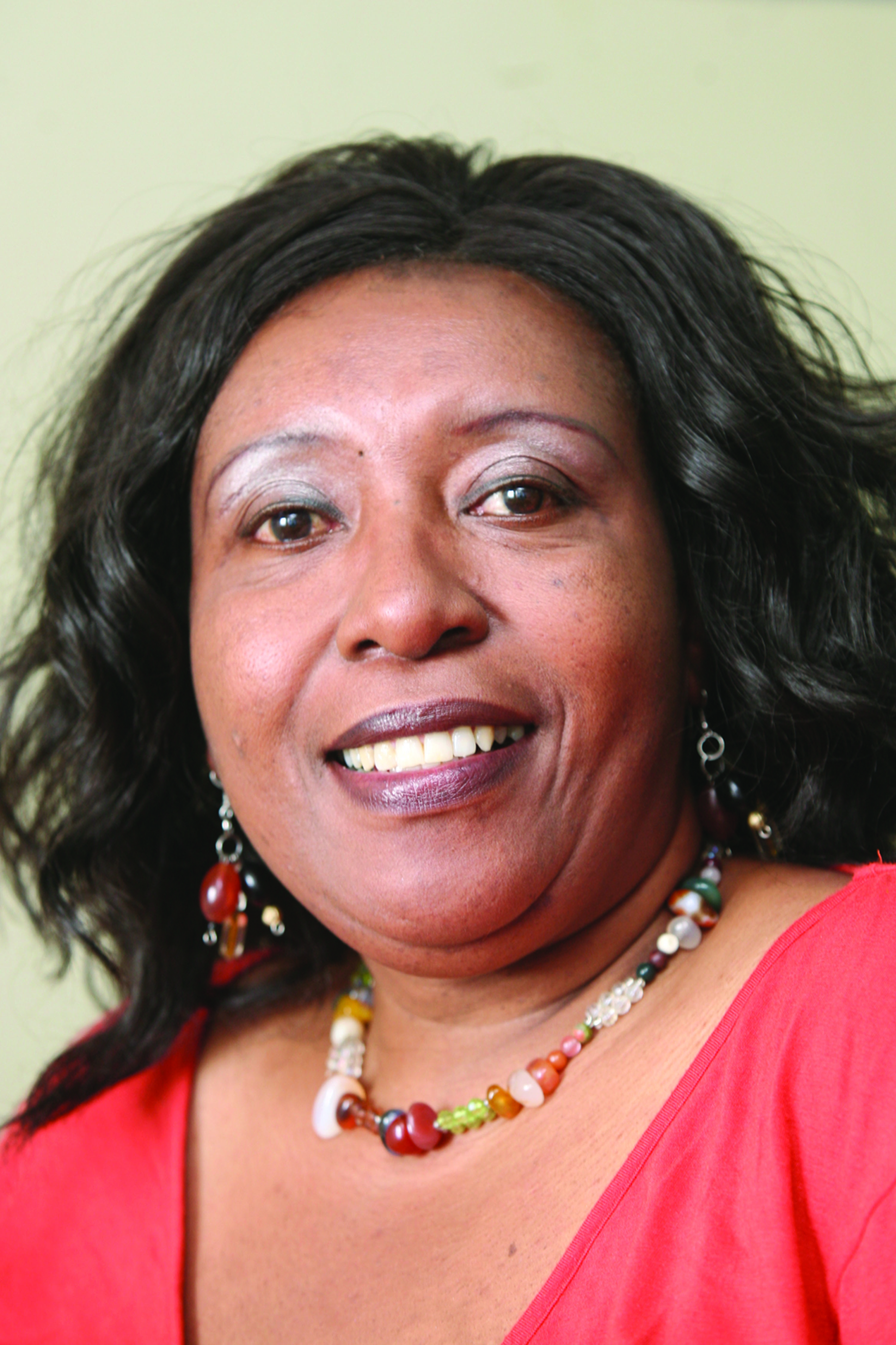
Children that are brought up under very strict parental guidance tend to become rebellious when they finally get the slightest taste of freedom.
Saturday Dialogue with Ropafadzo Mapimhidze
These sentiments were raised during a heated debate between some lecturers at the Harare Polytechnic where I spent the past week.
One of the lecturers, a pastor’s son, revealed how he had become a deviant person because he wanted to experiment on what his father preached against, for example, drinking alcohol.
The young lecturer noted that he became such an errant teenager and did all the things that were deemed as evil because most of his peers were actually engaged in such behaviour which they described as fun.
The lecturer said the problem with parents is that they sometimes tell children not to have friends from the opposite sex without explaining in detail why, and yet their bodies will be telling them something else.
“Why are they not explicit in their messages and explain in detail about the dangers of premarital sex or beer drinking? Parents just tell us not to have friends of the opposite sex,” said a female youth from the Avenues area.
But no sooner do they leave home to a boarding school or university, do they start engaging in all the activities that are said to be sinful by their Christian parents.
- Chamisa under fire over US$120K donation
- Mavhunga puts DeMbare into Chibuku quarterfinals
- Pension funds bet on Cabora Bassa oilfields
- Councils defy govt fire tender directive
Keep Reading
Another lecturer gave an example of a student from his home town in Gweru, who was found in a compromising position in a classroom with a fellow student at night.
The headmaster sent the two students back home and ordered them to return with their parents so that the matter could be resolved.
They, however, went to a nearby high density suburb, paid some two elderly men to come and pretend that they were the parents.
But the deal was exposed later in the year when their biological parents came for the annual consultation day and a teacher hinted to one of the parents stating that his son had improved tremendously since the time he was reprimanded over his conduct.
The lecturer explained that the students involved were actually children of some renowned ministers of religion who were role models in their communities. He said preachers’ children leave their faith for a variety of reasons.
He said this is because that these children are sometimes hurt by the way congregants treat their parents or spouses. These young people see these conflicts as hypocrisy.
Pastors’ children are often under pressure to be perfect role models among their peers, so that they do not disgrace both the family and church.
They try to live up to everyone’s expectations, but this has a negative impact on them.
The other issue that this lecturer raised is the fact that pastors hardly have time with their own children, hence they are significantly influenced by their peers.
One such person who lives in Westlea said he explained that the more his father preached against drinking beer, the more he was drawn to the beerhalls.
“I just wanted to find out what this beer tasted like and in no time I had become hooked on to drinking. I also started dating prostitutes from the pubs and when word got to my dad about these activities, he sent me to a remote school in Masvingo.
“But that did not solve the problem. It became worse as I would sneak out every night, go to village beer-drinking shelters and take the illicit alcohol brewed there,” he said.
Pastors are viewed as the premier spiritual and moral leaders of their churches, but many assume that the values they preach will automatically carry over and positively impact their children.
If pastors are responsible for tending to their followers’ faith, surely they should be raising God-fearing children.
But that is not always the case.
Having religion down their throats is probably the biggest reason why they abandon their faith and the other reason is that when they ask or scrutinise religious philosophical questions, the answers they sometimes get are rather hostile.
They are told not to ask such questions because “that is how the devil gets into you”.
Perhaps the reason why such children rebel against their faith is possibly because churches today look, sound and act much of the world that there is not much difference.
When you walk into a sanctuary these days, you will first of all see a stage, not a pulpit for preaching mind you, but a stage for music entertainment.
The church is no doubt a place where children are told to be good people, but once they grow up and figure they are pretty good, they don’t need it anymore.
I think people are generally hypocrites and hypocrites are sinners according to the Bible.
This is because Christian parents and pastors fail to teach the truth and pretend to be something they are not.
Children are not stupid.
They can see and discern things better than we adults think.
And just because they are a pastor’s offspring does not automatically make them Christian although many think so.
That is why you see many go from singing in a church choir, like for example the late Whitney Houston, to singing the world’s “ungodly” songs, which resulted in a life filled with drugs and wild drinking sprees.
The intensity of such wild behaviours, which may be for just a season in some instances, could be as a result of a strict parenting.











